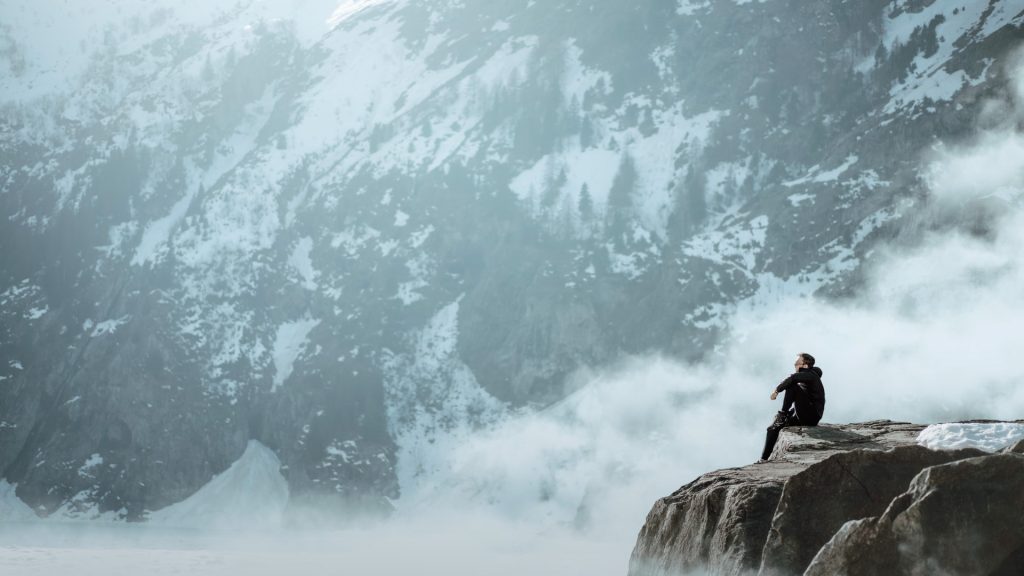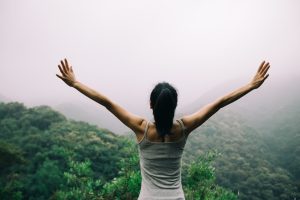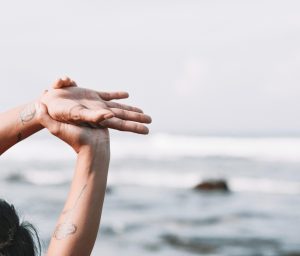In today’s world, common struggles revolve around faith and having the courage to do what should be done with integrity, compassion and honor irrespective of the obstacles and the uncertainty of not knowing what the outcome will be.
What most people find challenging, and what has been in constant decline, is faith and courage which are interdependent on each other.
Faith is when there is complete trust or confidence in someone or something which is interwoven through the Bushido code.
Courage is not just physical, it is also a mental or moral strength to venture, persevere, and withstand danger, fear, or difficulty and still find a way to take action and achieve what is needed no matter what.
Courage is the principle that is often spoken, printed and focused on in movies, magazines and social media. It is expected that great fortune or fame comes to those who show courage, which is not the case in reality and is a distorted singular focus of what courage really is.
Life is diverse across many cultures and beliefs, likewise, so is courage which takes different forms to meet the challenges that we all face.
There are in essence six types of courage that we will all face during our lives:
- Physical
- Social
- Moral
- Intellectual
- Emotional
- Spiritual
Although many times we see a blend of two or more of these types of courage, there is generally one that dominates a specific situation at any point in time.

Physical courage. This is the courage most people think of first: bravery at the risk of bodily harm or death. It involves developing physical strength, resiliency, and awareness.
Social courage. This type of courage is also very familiar to most of us as it involves the risk of social embarrassment or exclusion, unpopularity, or rejection. It also involves leadership.
Intellectual courage. This speaks to our willingness to engage with challenging ideas, to question our thinking, and to the risk of making mistakes. It means discerning and telling the truth.
Moral courage. This involves doing the right thing, particularly when risks involve shame, opposition, or the disapproval of others. Here we enter into ethics and integrity, the resolution to match word and action with values and ideals. It is not about who we claim to be to our children and to others, but who we reveal ourselves to be through our words and actions.
Emotional courage. This type of courage opens us to feeling the full spectrum of positive emotions, at the risk of encountering the negative ones. It is strongly correlated with happiness. Happiness is about making a decision rather than something happening to you.
Spiritual courage. This fortifies us when we grapple with questions about faith, purpose, and meaning, either in a religious or nonreligious framework.
Courage is a learnt attribute, as shown by a study (Goud, 2005) that recognizes three main themes in the developmental process for learning courage, i.e.:
- Building confidence and self-trust – believing in yourself and what you know without the need to second-guess
- Perceiving a worthy purpose – having integrity in your belief and in justice
- Managing fear – realizing that the 3 types of fear, i.e. past, present and future are in reality just ‘False Evidence Appearing Real’.
Additionally, learning courage needs a supportive environment that:
- Empowers decision-making
- Develops intent and ability to take action
- Provides opportunities to practice with persistence
- Creates faith and a sense self-worth.
Courage takes time to develop, it is like anything that we learn to create a skill. It needs conditioning, discipline, and plenty of opportunities for practice so that we become prepared to handle the challenges that are put in front of us.
Courage is about making a decision or taking action where risk is involved, whether it is actual or imagined; it is needed now as it has always been and is the force that drives the growth in our humanity rather than to retreat into excuses and regret.
[text-block-start]
While courage can be implemented in just a moment, it takes lifelong practice to be able to develop the right kind of courage and wield it when needed.
Master Paul Mracek an 8th Degree Black Belt and international author, consultant, coach and mentor defines the learning cycle of courage:
“Beliefs drive our Attitudes, that develop our Behaviors, which determine the Results we achieve, which re-enforce our Beliefs. At all times to achieve this it is necessary that we keep in mind our real intent, which keeps us balanced. We are, in the end, what we repeatedly do. Courage, then, is not an act, but a habit.”
It can be beneficial to think of courage as a daily ritual that can be practiced over time in order to be able to utilize when truly needed. To start, see our guides to developing a courage-boosting mantra or an anchoring technique to access your inner warrior.
[text-block-end title=”MaArtial comment”]
Photos: Tom Balabaud / Pexels, Totte Annerbrink / Unsplash












